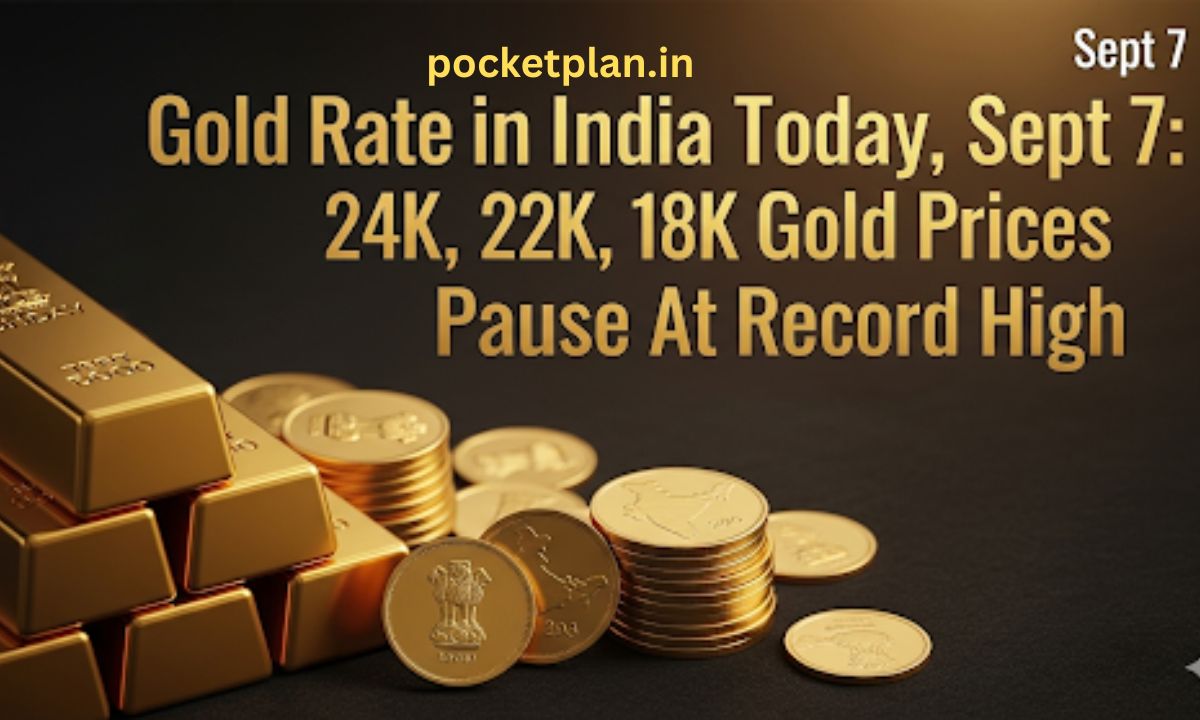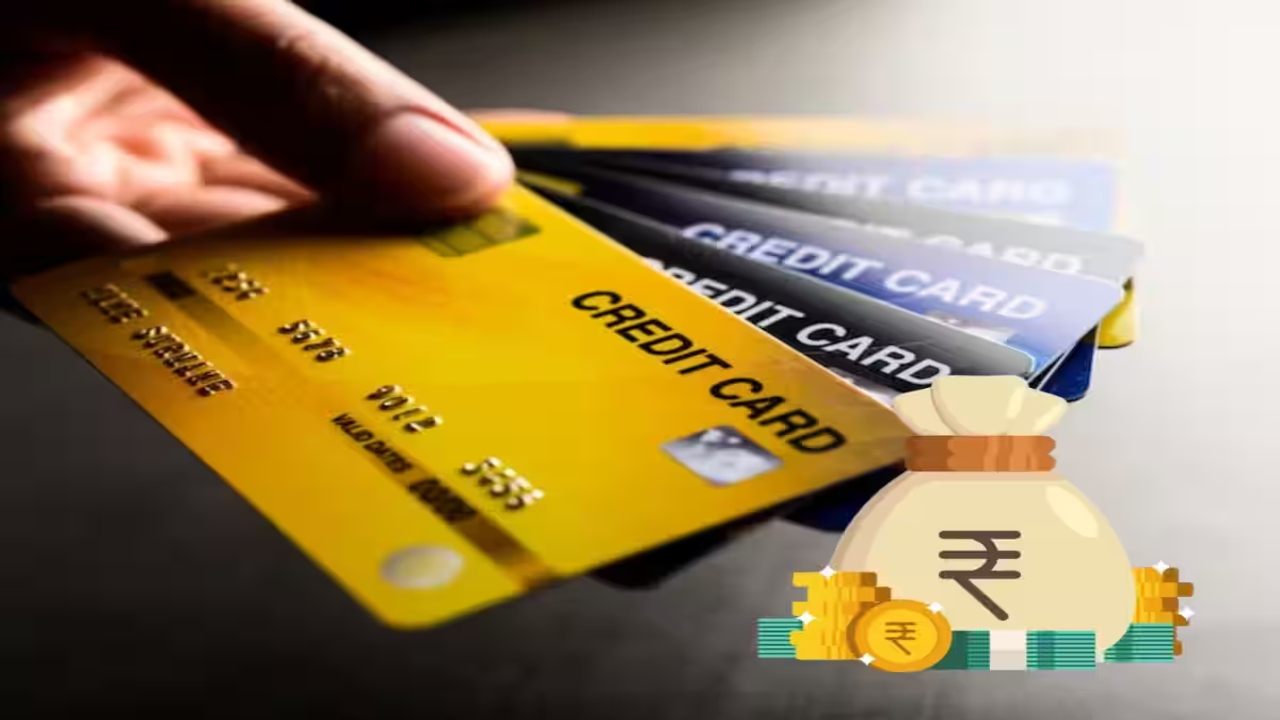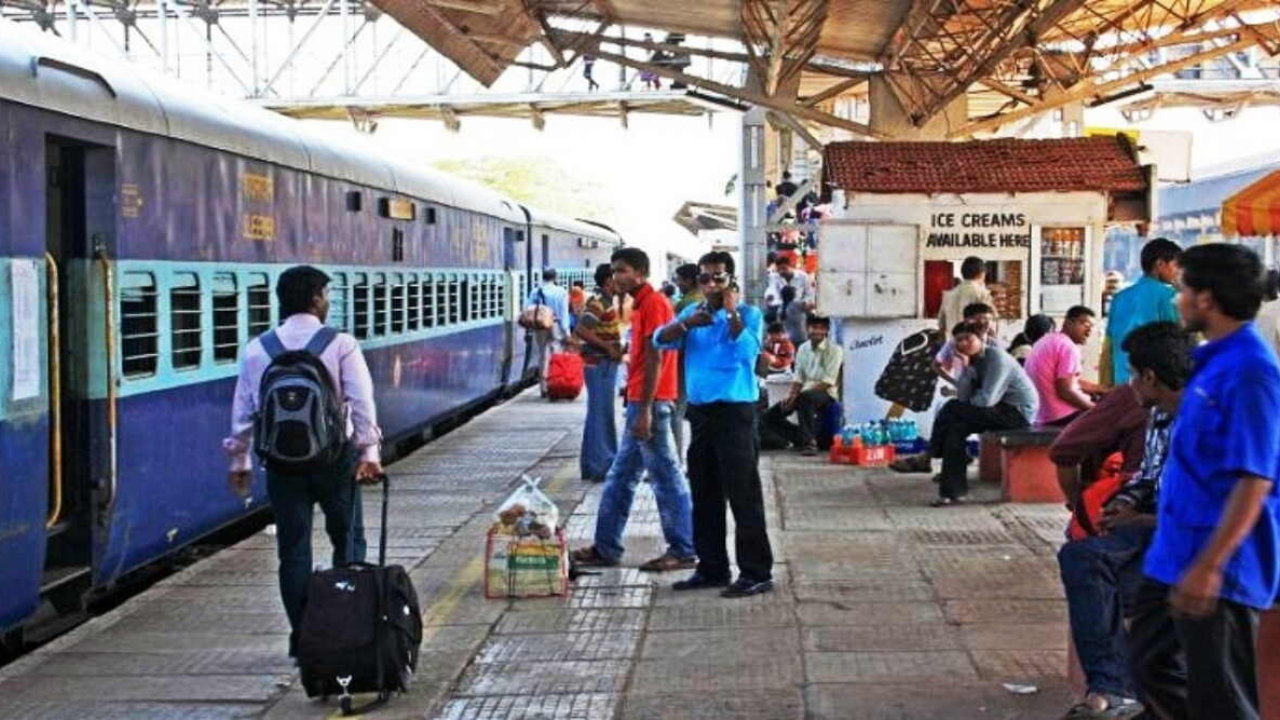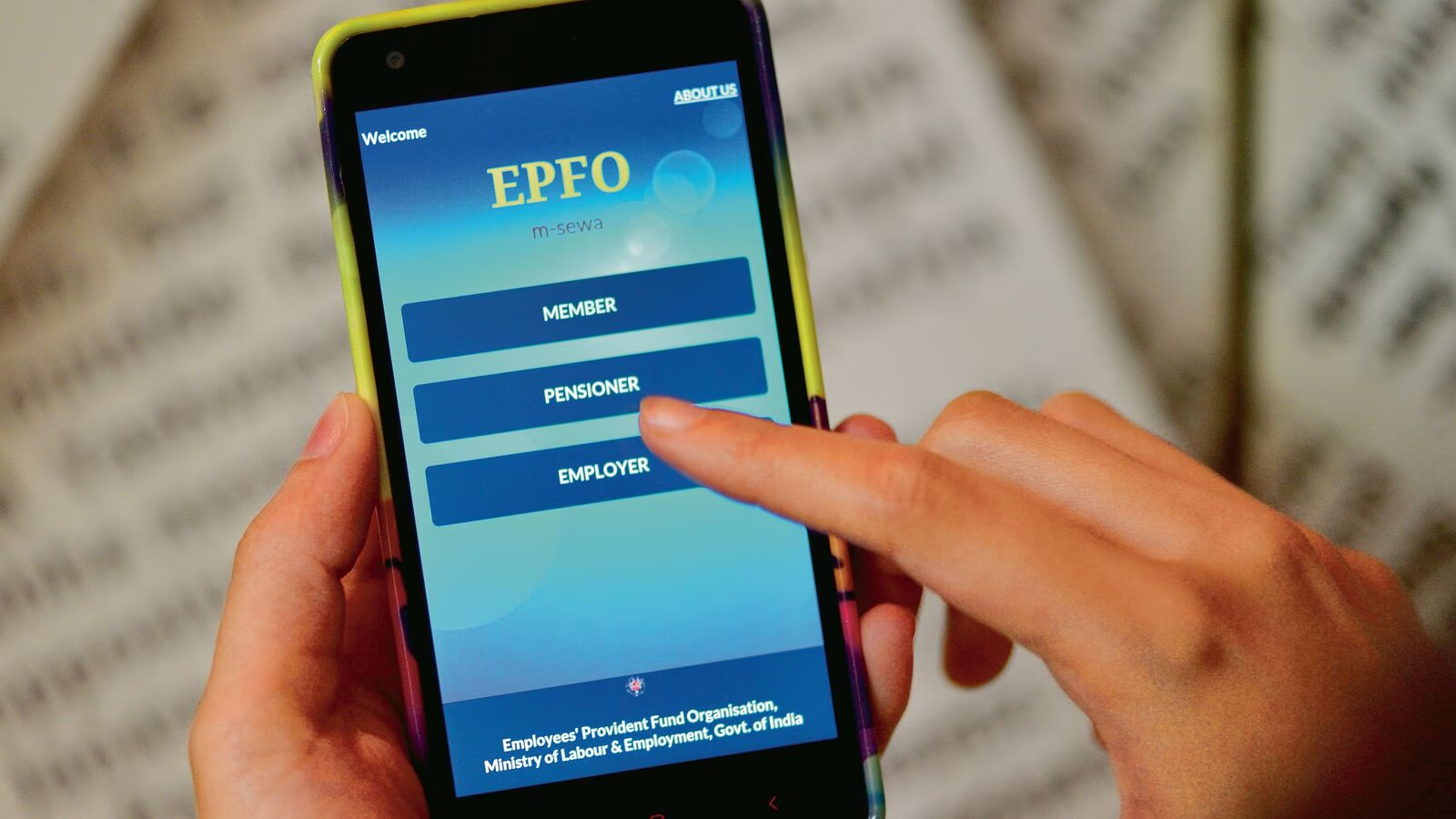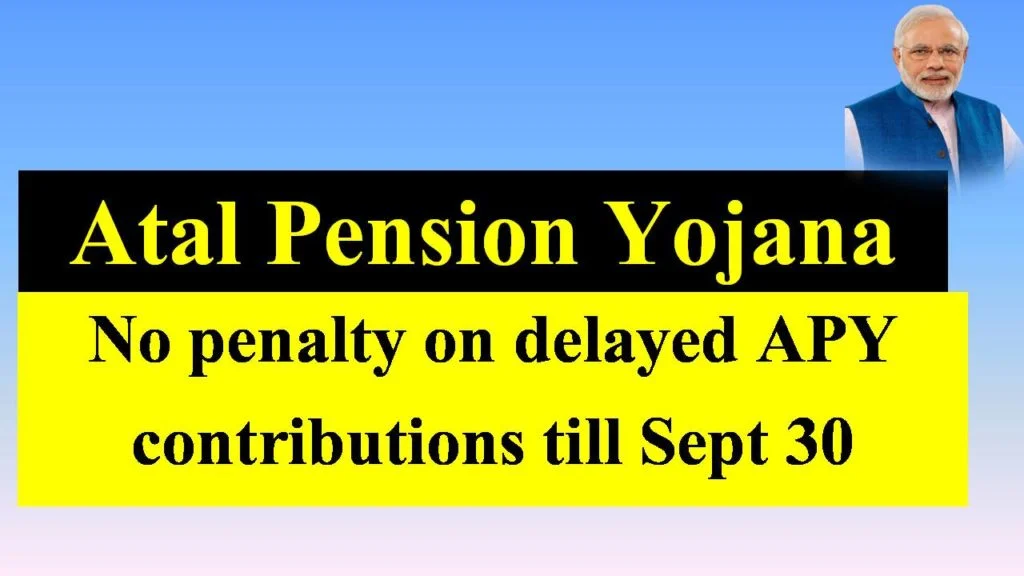Travelling by road is a common and easy option for many people in India. Whether it’s for work, holiday, or family visits, we often use highways and expressways. But recently, the government has introduced a new Toll Tax Policy that every road traveller must know about. If you are not aware of it, you may end up paying more or facing trouble during your journey.
This article explains the new toll tax rules in simple words, so you can plan better and avoid any surprises
What is Toll Tax Travelling ?
Toll tax is a charge collected by the government or private companies from drivers using specific roads, bridges, or tunnels. These roads are usually national highways or expressways. The money collected is used for the maintenance and development of the roads.
GPS-Based Toll Collection
The biggest update is the GPS-based toll system. Now, toll will be charged based on the number of kilometers you drive on a toll road, not just for passing a toll plaza. This will help people who travel only a short distance but earlier paid the full toll. The system uses GPS data from FASTag or vehicle tracking to calculate the exact toll amount.
Example:
If you earlier paid ₹100 for 100 km, but you travelled only 25 km, you will now pay only ₹25.
2. FASTag is Still Mandatory
FASTag is still required on all toll roads. If your FASTag is not active, you will be charged double toll as a penalty. Make sure your FASTag is recharged and linked with your bank or UPI.
3. No More Waiting in Long Queues
Under the new system, ANPR cameras (Automatic Number Plate Recognition) will read your number plate and charge toll automatically. This helps to avoid long lines at toll plazas. Some toll booths may be removed, and toll will be collected automatically as you drive.
4. One Nation One Toll Tag
The government is planning to roll out a “One Nation One Toll Tag” system. This means that the same tag (FASTag) can be used across the country on all roads, even on state highways. No need for different passes for different states.
5. Toll Rates Will Change
New toll rates will be dynamic. In some cases, the toll may increase slightly due to GPS tracking, while in other areas, it may become cheaper for local travellers. There will also be special discounts for daily commuters or people living near toll roads.
6. Penalty for Toll Cheating
If you try to avoid toll by removing FASTag or covering your number plate, strict action will be taken. You may be fined, your vehicle may be tracked using CCTV and you may have to pay extra charges.
Why This Policy is Good
- You pay only for what you use.
- Saves fuel and time due to less congestion.
- Transparent toll charges.
- Encourages digital payments and smart travel.
Things You Should Do Before Travelling
- Check your FASTag balance.
- Make sure your number plate is clear and readable.
- Know your travel route and toll charges.
- Avoid cash payment – keep your digital wallet ready.
- Check if the GPS system is enabled in your vehicle (if required).
- Keep your vehicle documents and driving license with you.
Conclusion
The new Toll Tax Policy brings a smarter, faster, and fairer way to travel on Indian roads. If you are a regular highway traveller, it’s important to stay updated with these changes. A little planning before the trip can help you avoid fines, reduce travel time, and save money. So next time you plan to hit the road, think before travelling – check your toll info first!










